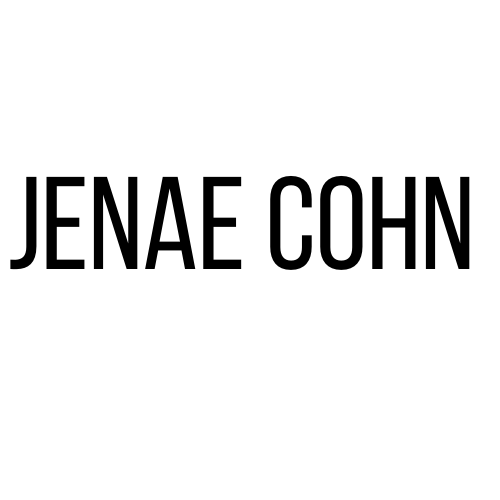Las Vegas casinos, with their long hallways, patterned carpets, and mirrored walls, are designed to disorient. Last week, I stayed at the Riviera Hotel in Las Vegas, NV attending the Conference on College Composition and Communication (CCCC) and found myself moving in circles, tracing and re-tracing my steps to discover where I needed to go. With no windows, no clocks, and poorly-placed signs, I felt completely transported to a world beyond the one I had left behind. That or all of the extra air pumped through the casino’s vents to chase out the lingering cigarette smell all made me just feel a little… off. I was not “off” in the sense that I couldn’t concentrate; I was off in the sense that I imagined all of the world was interested in college writing and communication, that all I had to worry about was the state of the field, the state of writing education in the United States, and the state of – well – getting all of the free food from publishing parties that I could handle.
The more I thought about it, the more I realized the casino is something of an apt metaphor for my progress in my PhD program. I’m not exactly moving in circles, but I often feel like it. But sometimes, when I feel the most lost, I find myself in exactly the place I want to be or find myself in a totally unexpected, but often very desirable, place. At the conference, I realized I couldn’t become frustrated with the venue because there was nothing I could do to change it. Similarly, I think I need to “let go” of some of my desires to control my progress in the PhD program and trust in myself to find the right path.
CCCC was a pretty low-pressure conference for me. I only presented a “work in progress” at a panel called the Research Network Forum and, after that, I had the three remaining conference days to explore whatever I wanted, to dabble in a variety of ideas. Part of me hoped this conference would give me more direction, would focus the thoughts I’ve been cultivating and inspire me to pursue a particular course.
That… didn’t happen.
What did happen was an expanded awareness of what I could do. The possibilities seem to have grown larger for me. One of my primary insecurities as a PhD student has been my “dual citizenship” status in both English and University Writing Program departments, a status rife with conflict. Yet I saw at CCCC that there were participants who were positioned in a variety of departments for a variety of purposes pursuing such a broad range of scholarship across disciplines. In other words, I’m increasingly realizing how much segmentation into disciplinary silos is a sham; while I’ll need to be able to “package” myself to one of these departments if I go on the academic job market, I’m coming to realize how much more important the skills I cultivate will be for my identity as a scholar/educator.
It’s a cliche, but it’s one worth stating: what matters most is what I DO with the gift I’ve been given of serving in the academy. OK, so much of the time, pursuing a job that is highly labor-intensive and low-paying does not exactly seem like a gift, but I see my time as a graduate student in academia as a special time to do – well – exactly what I want to do. I see this as a time to enjoy a flexible career founded upon intellectual and personal exploration. I also see this as a special time to be a young person helping other young students become stronger writers and to feel invested in their college education. Call me an idealist, but I hope this perception will serve me well as I continue through my graduate career and embark upon whatever career greets me after this is over.
what CCCC showed me is that if I can market myself, market my skills, and put those skills into action in very public, very visible places, I’m set to do whatever I want to do. And that is, indeed, empowering.
With that said, I somehow wound up attending a number of very pessimistic panels at CCCC ones that inspired me about as much as they sobered me to the realities of a teaching career in the United States. It’s a tough world out there, especially in our current climate of high-stakes testing and outcomes-based learning, and I want to enter this field with eyes wide open, knowing exactly what challenges I will face as a PhD, as a humanist, and as – well – a career woman. As a graduate student, I’m told not think a lot about my teaching, but given the jobs available for students in the humanities, I can’t help but see my teaching identity as inextricably tied to my research identity. I know this is not true for every graduate student, but I know that for me, I wouldn’t be a scholar if it wasn’t for my dual role as an educator. The negotiation between constantly learning and constantly teaching remains all the more compelling to me after attending CCCC.
I could go into a lot of details on what I saw and what I did, but I urge you to check out the reviews put out by Kairos every year on CCCC instead. I’ll be contributing reviews to that collection, so as soon as there’s a link available to the reviews, I’ll be sure to post that here.
In the meantime, I’m anticipating a Spring Break full of family, friends, and much more reflection.
